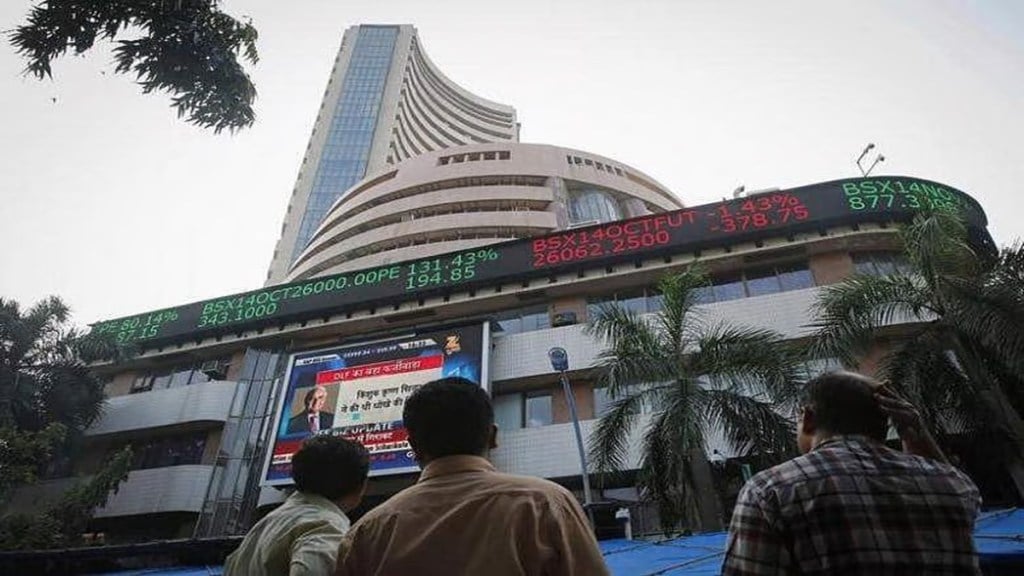The Securities and Exchange Board of India and the Reserve Bank of India are in advanced discussions to ease entry processes for new overseas investors, says a Reuters report.
The changes in foreign investor regulations come at a time when foreign investment flows into the Indian economy remain weak.
The report says that the changes in the regulation would include fewer and standardised documentation and less scrutiny on investors that are already regulated in other countries.
The proposed changes will reduce the time taken to register in India to 1 to 2 months from he previous six months, the report added. The changes will bring the registration time in-line with global standards.
“To facilitate the ease of investments by foreign investors in India, we are engaging with various stakeholders to streamline the know-your-customer norms across the regulators,” Tuhin Kanta Pandey, India markets regulator chairman, said last week.
SEBI RBI meets foreign investors’ delegation
The Reuters report says that a delegation of investors from six countries met officials at the Reserve Bank, SEBI, exchanges and the Finance Ministry earlier this month.
The report says that as part of the changes, the RBI will match SEBI’s more liberal documentation needs for regulated overseas pooled funds, such as insurance and mutual funds, which are considered to be low-risk.
In 2019, SEBI had eased documentary requirements for regulated public retail funds, bringing them at par with government-owned funds. A similar relaxation has not been done by RBI yet,” said a source quoted by Reuters.
At present, RBI requires banks to follow a risk-based assessment, which includes seeking a declaration on the source of funds and proof of identity, among other requirements. The report says that RBI will also align norms for foreign investors to open bank accounts with SEBI’s registration requirements.
FII outflow in 2025
The proposed changes in the foreign inverter regulations come at a time when India faces steep tariffs from the US, leading to uncertainty for the economy and its markets.
Foreign investors have sold a net $10 billion in Indian equities and bonds so far in 2025, with selling intensifying in July and August because of muted corporate earnings and US tariff concerns.
Top Indian regulatory officials have met over 200 global asset managers across Europe, Asia and the U.S. in the last five months to seek feedback on ways to make Indian markets more accessible, two of the four sources said.
